|
Those old board games and deck of cards collecting dust on the top shelf of the closet aren’t just a thing of the past. They could actually be what we’ve all been missing, especially our kids, when it comes to having fun, being social, and actually learning and using our brain while doing it! So go on. Go get them out of that closet and put them in plain sight! They don’t need Wi-Fi. They don’t need an app. They don’t need a password, cord, plug-in, headset, controller, speaker, or adapter of any kind. All they need is someone to crack them open and start a game. The multitude of games available today, along with the classics we all grew up with, of course, Battleship, Clue, Monopoly, Game of Life, Pictionary, Scattegories, just to name a few, offer a unique and vast mix of fun, skill, critical eye, wit, interaction and risk that you would be hard pressed to find a match in any videogame. Games – like good ol’ fashioned board, dice, and card games – build more skill, more character, and more critical thinking than we may have ever given credit, and with that, now more than ever, we may need to give that some thought. The more time spent staring at screens (myself included!) the less time spent face-to-face with other people, making choices and solving problems, taking risks and keeping the brain active. There’s more to those dusty old games than we may think; more real life in that cardboard box than we care want to admit. Here’s why we say to go dust those games off and get a game started. , 8 Reasons to Play Games with your Kids Bonding Time Yes, yes, you get to spend time together as a family. Yawn. We know this one’s obvious, the ‘Family Game Night’ has become a bit more widespread now. But why? Just to spend time together? Or is it about the memories your kids will have when they are all grown up? The moments spent attempting to beat you, learning the tricks to getting faster, thinking quicker, taking risks and learning how you got to be so good? Or those awkward family reunions where the kids don’t really know each other and instead of hiding behind their iPad screen they start laughing, moving around, hollering a good time because they got into a good board game? Rain or shine, inside or out, electricity or not, know each other or not, a good game bonds us, instantly, creates memories and moments to share with one another. It takes us out of our comfort zone. It builds a connection we would otherwise not have. Critical Thinking Board games force us to make choices. Sometimes tough ones. We need to weigh options and think on a deeper level. We need to decide what’s the best thing to do, or the best place to move, or the best time to use a card. It requires us to dig deep into our background knowledge – things we know about the world, people, emotions, reactions, experiences like this before – it requires us to apply both our understanding about the situation in the game and the information we may already have deep inside us. Even while we’re playing we are still learning and taking mental notes of how things play out, whether we’d do that again or do it differently, watching how others play and strategize, and learning unspoken rules or mannerisms. We’re planning ahead, thinking back, organizing information, and reading how others interpret. All of this not only builds, but IS critical thinking at its’ best. To not take everything as it is, to always trust your gut feeling, to learn who to trust and when to trust them, to question and word things appropriately, knowing how to act and react to a situation – these build skills that are above all else the most useful in real life. Taking Turns Ah, patience. Waiting. Being prepared. Planning ahead. Letting others take their time. We’re all born with these skills naturally, right? Games can help teach these skills by giving a real situation where they’re actually required in order to have fun. And then those skills can come out in real life! Modeling how to support others, offer advice only when asked, making use of waiting time to plan and prepare for you own turn, being ready to play, learning the appropriate times to act and when to wait – these are all essential life skills that can be taught by playing games. These skills will stick with you through life, and be a major character builder – for the better! Real Life, Purposeful Mathematics Adding, subtracting, multiplying, dividing, shapes, figures, transformations, reflections, rotations, strategizing, probability, sorting, organizing, grouping, counting, estimating, totaling, averaging, partitioning, parts of a whole, matching, logical reasoning, money, time, visual recognition, number sense, multi-step instructions, solving problems – well, that’s an entire year of basic mathematics skills right there. No kidding. Right there in a good ol’ board game. Enough said. Real life, Purposeful Language Arts Listening, talking, sharing, expressing ideas, making notes, reading instructions, re-reading for comprehension, making inferences, making predictions, making connections, building responsibility for your own things, understanding respect for others and their things, adjusting to the flow of other’s thinking, recognizing a different perspective, solving conflict and disagreements, compromising, taking pride in self achievements and the achievements of others, reading emotions, taking risks, trusting your gut feeling, looking at something with a critical eye – yes, you guessed it, these are all Language Arts skills, being put to good, practical use. Talk about real life learning! Actions and Consequences
All actions have consequences - in the game and in real life. Now, some of us know this, and some of us have yet to have learned this. What better way to learn than in the comfort and safety of a board game. All actions have an effect on something, or someone, else. Sometimes negative, sometimes positive, sometimes on both yourself and on others. A simple board game, card game, whatever it is, provides the perfect controlled environment to practice these essential skills, and actions, and learn how to handle the consequences. A safe environment to be risky and learn through making tough choices, deciding between risk or reward, to punish others or to reap the benefits. Good old board and card games are full of daring moves that force us to decide how we will handle the circumstances that follow. They have the potential to teach us much about ourselves and about the real life waiting for us. . Hands-on When you’re engaged in an epic game of Sorry! or Catchphrase or Apples to Apples or even good ol’ Cribbage, there’s moments when every bit of you is working. Your mind, your hands, your heartbeat rises, you’re all in. Kinesthetic learning like these is beneficial to us all, and often, is missing most in education today. When your whole body is into it, you can feel it, live it, and relive it. It’s a real thing happening that you’re apart of – for many children, this kind of the learning that sticks, it’s what helps us connect to the why and how of learning. We remember it. It’s face-to-face, real life interaction with human beings. Not on a screen, not happening before us, but actually with us. It’s tangible family fun at its’ best, which is something we could all benefit from nowadays! Win some, lose some Let’s just talk about this one for a minute. Fear of failure is a real phenomenon surfacing more and more in generations growing up today. Teachers feel it, grandparents feel it, and parents feel it. Just in life, you win some and you lose some. But if you never lose some, then you must assume you’re pretty brilliant... Wow, real life is going to be rough! If you never lose some growing up, if you never witness it in your own life, how will you be prepared when losing comes at you fast and furious once out on your own? Games provide the perfect environment for learning fair play, hard work, winning and, the obvious, losing. With grace, of course. It provides the perfect environment for modeling these behaviours and how to deal with the feelings that surface. It provides moments to teach that cheating doesn’t always feel good when you could've won with your own hard work. Or that you just love the play of the game and not just the win of the game. Or how to actually play tactfully, without making personal attacks that hurt feelings deeper than the game itself. And the best part? Most of these life lessons that can be carried on into their lives as they get older don't have to be directly taught - they can just be learned naturally through the experience of playing games. Win, win for all.
0 Comments
Your comment will be posted after it is approved.
Leave a Reply. |
Welcome to Our BlogEach post is written by a supportive member of Via Vita Academy, be it a teacher, parent, student, community member, who is invested in the topic of education. Take a read and comment below! Archives
February 2022
Categories
All
|
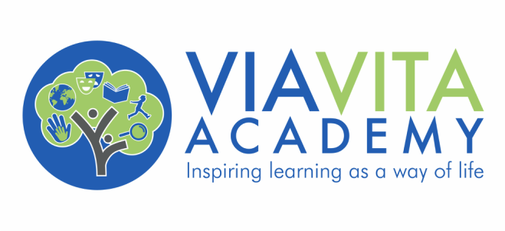
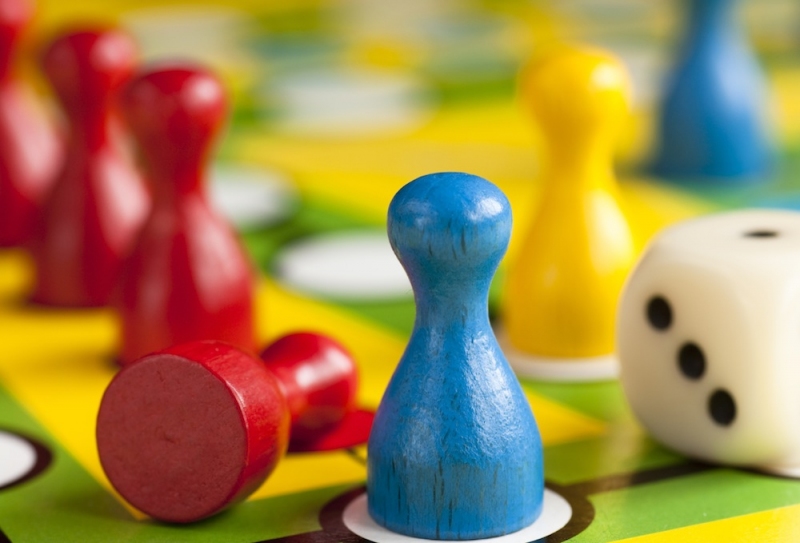
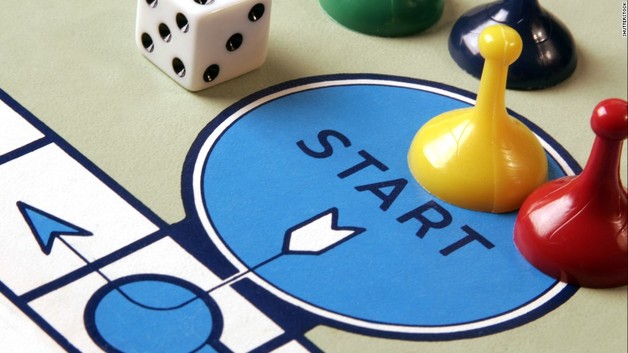
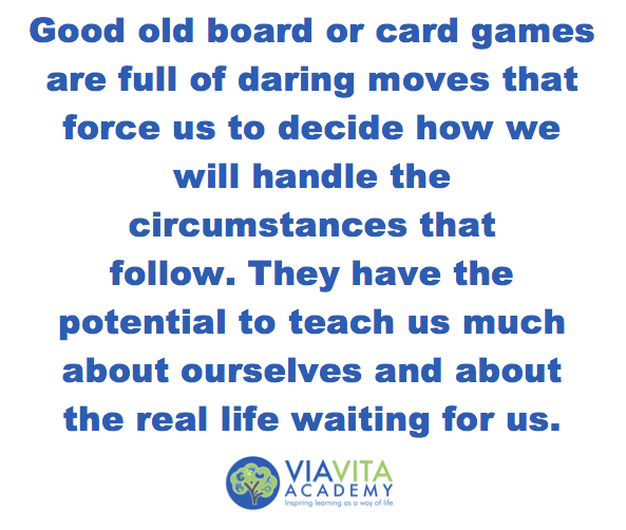
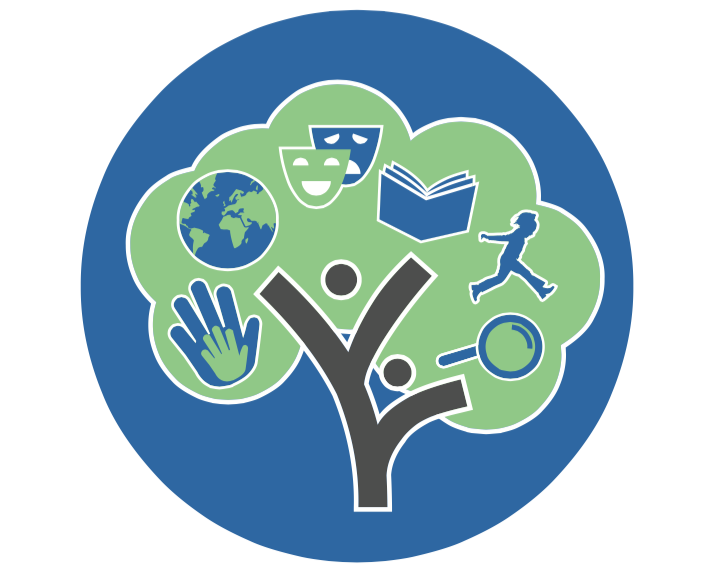
 RSS Feed
RSS Feed